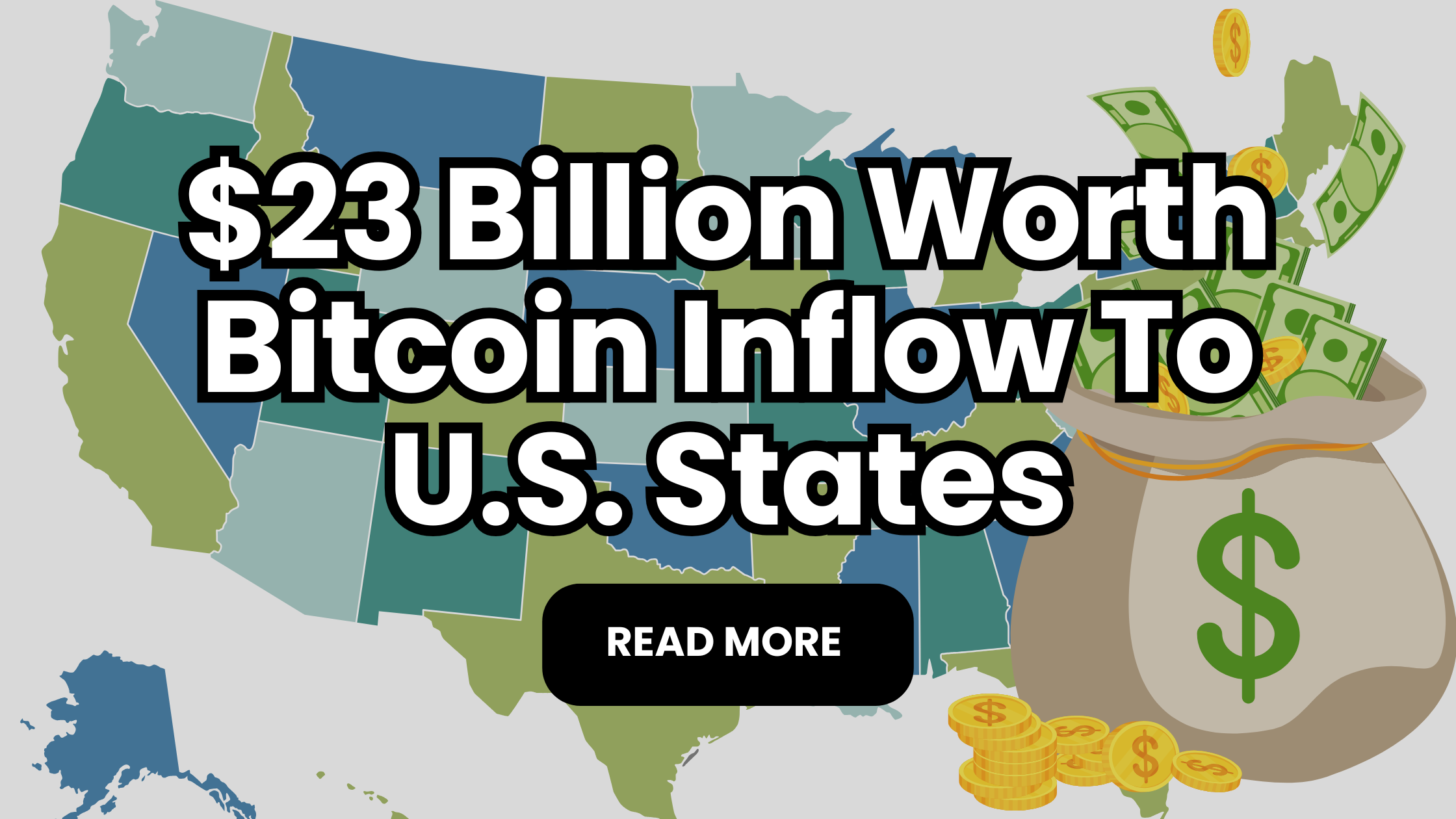In recent years, a notable shift has occurred in the financial strategies of various U.S. states, with many exploring the adoption of Bitcoin reserves. This movement signifies a transformative approach to state-managed funds, aiming to harness the potential benefits of cryptocurrencies. This comprehensive analysis delves into the motivations behind this trend, the states leading the charge, the legislative landscape, potential economic impacts, and the broader implications for the future of public finance.
The Rise of Bitcoin in Public Finance
Bitcoin has gradually evolved from being an alternative digital asset to a mainstream financial instrument. Institutional investors, corporations, and even governments are increasingly acknowledging its potential as a store of value. U.S. states considering Bitcoin reserves align with a global trend of sovereign wealth funds and municipalities integrating digital assets into their portfolios.
One of the most prominent examples of a government-backed cryptocurrency reserve is El Salvador, which made history in 2021 by adopting Bitcoin as legal tender. While U.S. states are not declaring Bitcoin as official currency, their growing interest in state-level reserves is a clear indication of changing perspectives on digital finance.
Understanding the Motivation: Why States Are Considering Bitcoin Reserves
The interest in establishing state-level Bitcoin reserves stems from several key factors:
Inflation Hedge and Asset Protection
With the persistent threat of inflation and concerns over the devaluation of the U.S. dollar, states are seeking alternative assets that can maintain value over time. Bitcoin, often referred to as “digital gold,” offers a hedge against inflation due to its fixed supply of 21 million coins. Unlike fiat currencies that central banks can print in unlimited quantities, Bitcoin’s scarcity ensures that it remains a deflationary asset.
Diversification of State Reserves
Traditionally, state treasuries invest in a mix of assets, including government bonds, equities, and real estate. However, these asset classes are often correlated with broader economic cycles. Bitcoin offers a new diversification strategy, as its price movements are influenced by a unique set of factors, including global adoption rates, technological advancements, and macroeconomic policies.
Growth Potential and Capital Appreciation
Bitcoin has demonstrated significant long-term appreciation. Despite its price volatility, historical data shows that Bitcoin has outperformed traditional assets over the past decade. For states looking to maximize returns on reserve funds, an allocation to Bitcoin could provide substantial financial gains over time.
Investment management firm VanEck estimates that if proposed bills across various states are enacted, these states could collectively acquire approximately 247,000 BTC, valued at around $23.7 billion at current prices.
States Leading the Charge
Several states have introduced legislation to establish Bitcoin reserves:
- Illinois: In January 2025, Representative John Cabello introduced HB1844, proposing a state-run Bitcoin reserve with a mandatory five-year holding period before any conversions or sales.
- Massachusetts, Ohio, Texas, North Carolina, and Florida: These states have recently proposed bills aiming to create state-level Bitcoin reserves.
- Kentucky: Joined the movement by proposing legislation to establish a Bitcoin reserve, reflecting a growing trend among states to explore cryptocurrency investments.
Legislative Landscape and Challenges
While the momentum is building, the legislative journey is complex. Some bills have already faced setbacks, and the outcome of others remains uncertain. Funding mechanisms for these reserves vary, with suggestions including state general funds, donations, or allocations from criminal forfeitures. Investment amounts per state could range from $50 million to over $8.7 billion.
Challenges include:
- Regulatory Uncertainty: The SEC, CFTC, and state-level regulatory bodies are still defining how Bitcoin should be classified and regulated in government-held reserves.
- Political Resistance: Bitcoin remains a controversial topic in political circles, with some policymakers advocating for stricter regulations.
- Market Volatility: While Bitcoin has demonstrated long-term gains, short-term price fluctuations could impact state financial stability.
Potential Economic Impacts
The establishment of state-level Bitcoin reserves could have several economic implications:
- Market Influence: A collective investment of $23.7 billion could significantly impact Bitcoin’s market dynamics, potentially influencing its price and volatility.
- Fiscal Health: If Bitcoin appreciates, states could see substantial returns, bolstering public funds. Conversely, the inherent volatility of cryptocurrencies poses risks of financial losses.
- Policy Precedent: Successful adoption may set a precedent for other states and even federal entities to consider cryptocurrency investments.
Comparison to Global Bitcoin Adoption
Beyond U.S. states, other countries and institutions are taking steps to integrate Bitcoin into their financial systems. El Salvador, for instance, has incorporated Bitcoin into national reserves, issuing Bitcoin bonds to attract foreign investment. If U.S. states follow suit, it could reinforce the legitimacy of Bitcoin as a state-level financial instrument.
Broader Implications for Public Finance
The move towards Bitcoin reserves reflects a broader shift in public finance management:
- Innovation Adoption: Embracing cryptocurrencies indicates a willingness to integrate innovative financial instruments into public portfolios.
- Regulatory Evolution: State-level adoption may prompt the development of clearer regulatory frameworks surrounding cryptocurrency use in public finance.
- Public Perception: As governments adopt cryptocurrencies, public trust and acceptance of digital assets may increase, potentially accelerating mainstream adoption.
Conclusion
The growing interest among U.S. states in establishing Bitcoin reserves marks a significant evolution in public finance strategies. While the potential benefits are substantial, including diversification and growth opportunities, the challenges and risks associated with cryptocurrency investments require careful consideration. As this trend progresses, it will be crucial to monitor legislative developments, economic outcomes, and the broader impact on the financial landscape.
With states moving towards Bitcoin-backed reserves, the next decade may witness a transformative shift in how governments manage their finances, potentially redefining traditional public treasury strategies.




